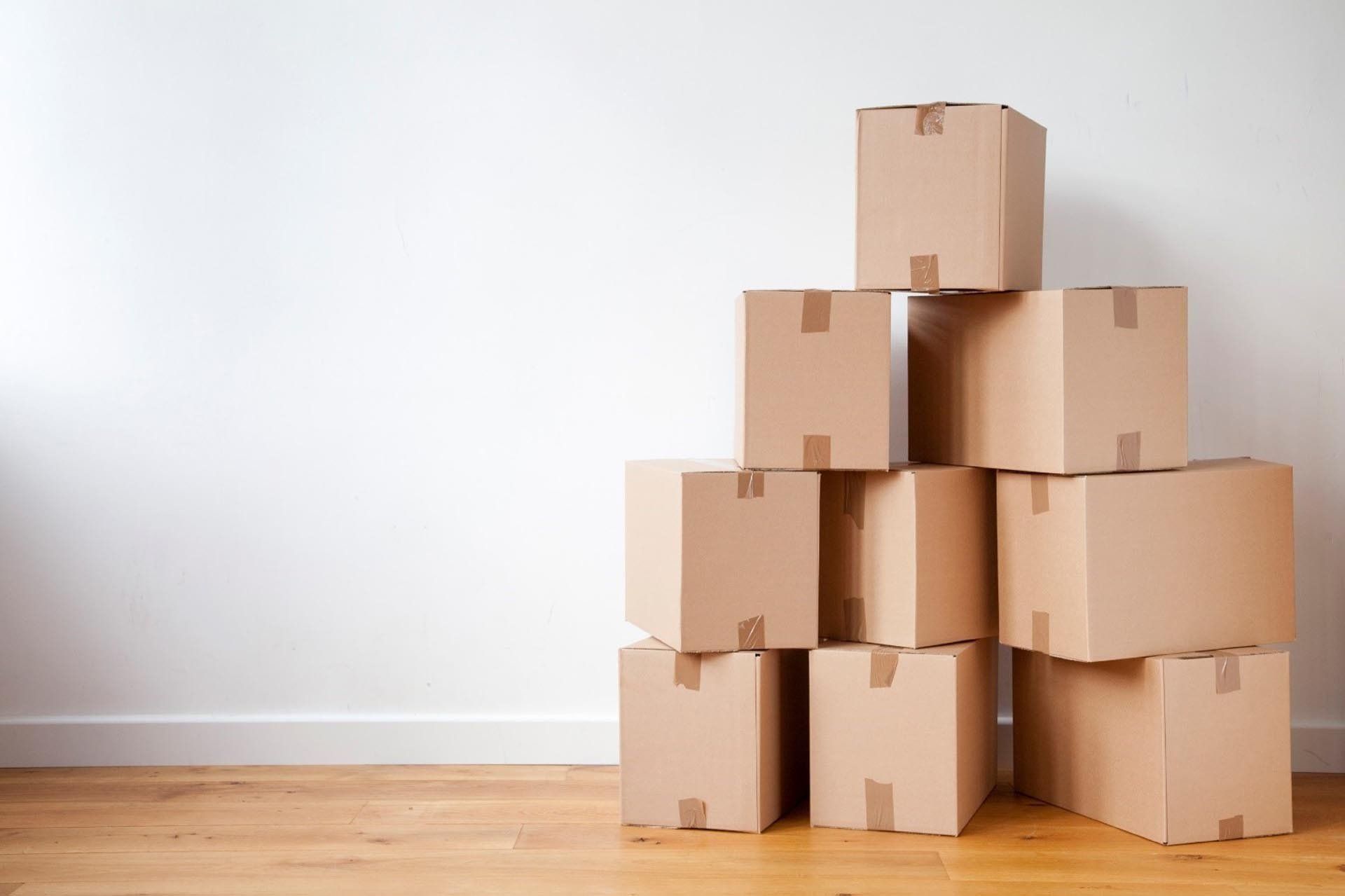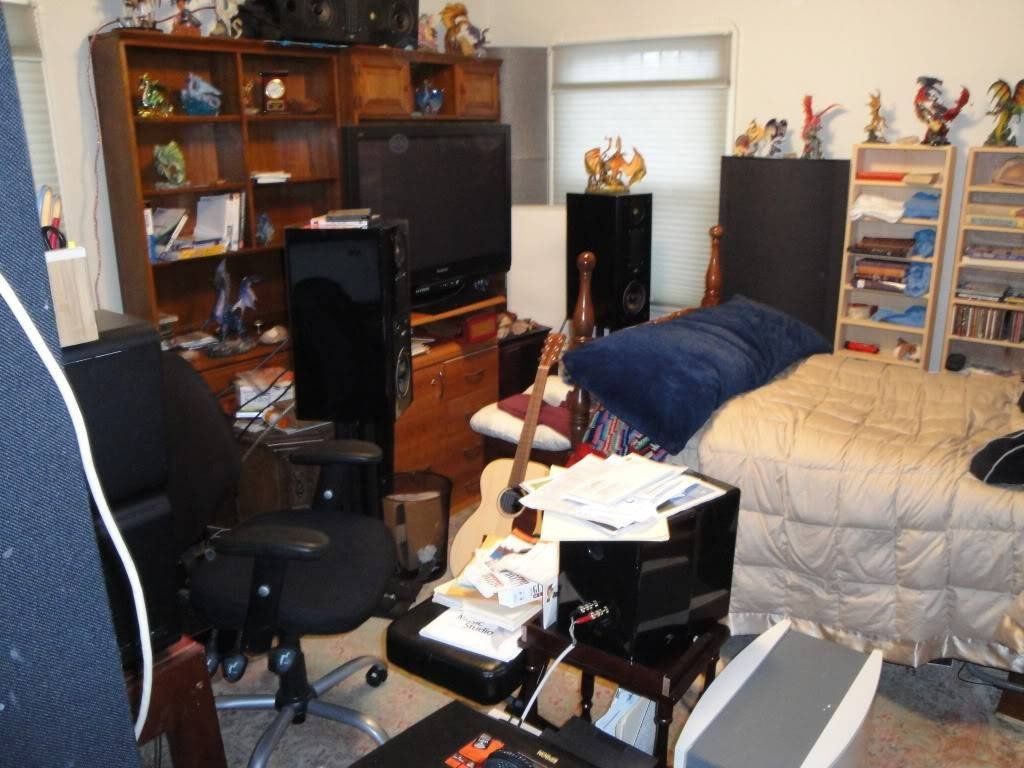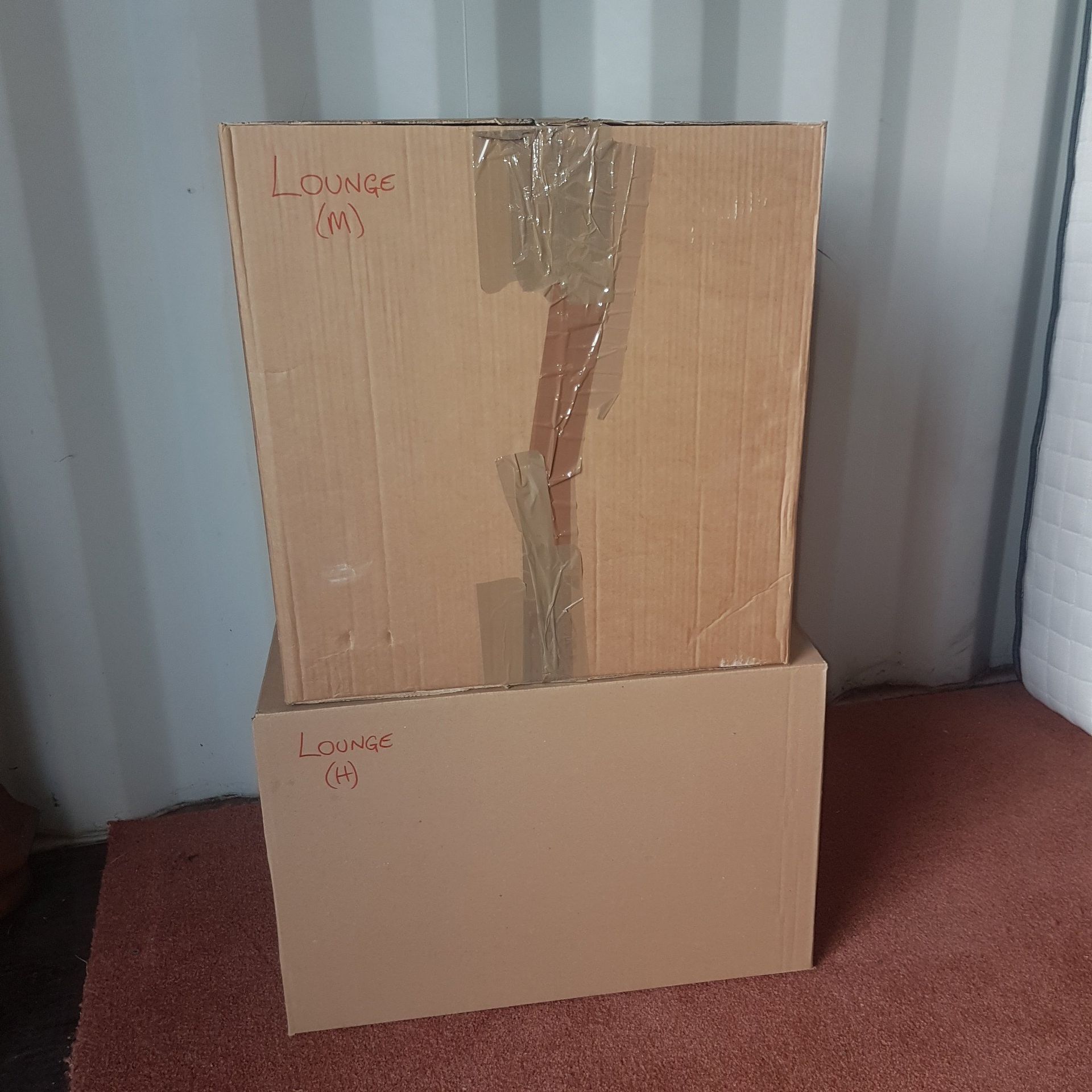Countdown to your move
- by Paul Dye
- •
- 09 Sept, 2018
- •
So you have decided that you are going to move house. Read our tips on how to reduce the stress levels associated with moving.
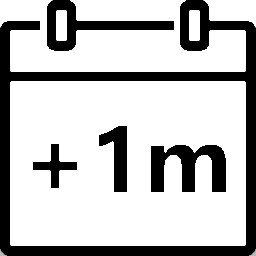
There's no better time to declutter than when you move home. Take this as an opportunity to really decide whether you need items you've been hanging onto for a while. Remember that the more things you take with you, the more it will cost you to move. Use eBay, Facebook and Gumtree to sell what you can, donate where possible and responsibly dispose of anything else.
Try to arrange your move for a weekday (not a Friday if possible!)
If there are any issues with getting keys or something's not right at the new property, you'll have more chance of getting it sorted on a weekday than at the weekend. If you're moving on a Friday or at the weekend any issues aren't likely to be resolved until Monday at the earliest.
Collect or order boxes and packing equipment
If you're on a budget, supermarkets and other shops often have a lot of boxes to get rid of, especially on a delivery day. You can also try local Facebook groups, websites like Freecycle or Gumtree, or a place of work/study. If you want to buy packing equipment, including boxes, tape, stickers and pens, we can help out - contact us with your details.
Start Packing
You can never start packing too early. Start with your least-used rooms or spaces first: the garden shed, the attic or under the bed are good places to begin. Remember to make an inventory so you know what each box contains and where it needs to go. Make sure you pack your boxes correctly - not too light or heavy, and make sure you can shut the lid and tape it down: this will make loading the van much easier and will help keep the cost and time of your move down. Keep some boxes aside for last-minute packing.
Make a to-do list or calendar
A to-do list or calendar can really help you organise your move, especially for tasks such as switching utilities or having new furniture delivered.
Notify utilities
You'll need to turn off or transfer your utilities from your current home: e.g. gas, electric, water, phones, internet, TV licence. Depending on your provider you may be able to do everything online - just remember to do it in advance so you're not left without the essentials when you move in.
Notify others
You'll also need to notify your local/new council, the DVLA, banks, shops (i.e. if you have a loyalty card), schools if necessary, inland revenue for tax purposes, insurance providers.
Arrange disconnections
You may also need to get somebody to come and disconnect your appliances such as washing machines or ovens. This is absolutely necessary if you own a gas cooker: these must be disconnected and reconnected by somebody with a gas safety certificate, or you may endanger yourself. At the very least, you would likely not be covered by insurance if something were to happen.
Renting?
If renting, give notice to your agent and/or landlord and arrange for the property to be cleaned by a professional, it will make the day far less stressful. If money is tight you can always do it yourself, but wait until the property is empty before starting. You'll also need to arrange a final checkout.
Going far?
Get your car serviced if you're making a long distance move - the move will likely be stressful enough without your car breaking down.
Change health services
If necessary, register at new doctors, dentists, opticians, vets etc. Also make sure you have enough medication to last until you can access the new services.
Book a removals company
Shop around for quotes, check reviews and remember to book early so you don't miss out. Always check reviews! Related: depending on where you're moving from/to you may need to organise permits for vans to park outside your current or new home - having to park further away will increase time and cost of your move if using a company.
Book storage if needed
If you need to arrange storage for any items make sure to do this early. Getting items into storage as soon as you can will cost more but can save you a large headache later on.
Children/Pets
Arrange for children and pets to be looked after if possible - ask family and friends! Having so much going on can be stressful and disorienting, and you'll be too busy to be able to do much about it. Try to get moved into your new home before introducing pets - it'll help them acclimatise easier and become less stressed.
Book time off work
Remember to book time off work if necessary! It may also help to book a few days off before and after your move so you can get settled.
Clean the new place
If you already have keys and previous owners have moved out: arrange a clean of your new home. If it's been vacant for a while it may be quite dusty.
Getting new furniture/furnishings?
If you need new carpets or furniture, order them for the day after you move in (unless you already have the keys before you move - in which case get them delivered before you move in!)
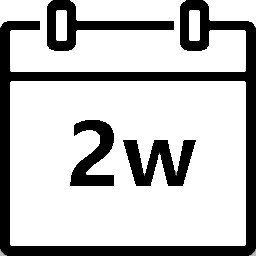
Plan meals to make use of what's left in your freezer. You'll need to empty it and defrost it in time for your move.
Forward your mail
Help avoid identity fraud by redirecting your mail from your old address to your new one. This also means you won't miss any important letters. Bear in mind the Post Office need 5 working days to action it, so it helps to organise it early.
Finalise/confirm details of your move
Confirm dates and times with removals company, estate agents, babysitters etc.
Subscriptions
Cancel or change the address of any subscriptions (e.g. subscription boxes, food, magazines, newspapers, milk, gardeners, window cleaners etc)
Return any loaned items
Return any items you may have borrowed from libraries, friends etc. It'll mean you have less to pack!
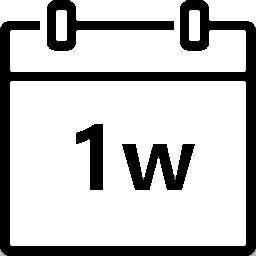
Start emptying the fridge, cleaning out kitchen cupboards and pack whatever you won't use now. Food can take up a surprising amount of room.
Keep important/valuable things safe
Put aside important documents and items such as jewellery to one side, packing them suitably. You may wish to take these yourself.
Defrost the fridge/freezer
Now is the best time to clean and defrost your fridge/freezer. The food and ice inside will take up a lot of weight and could melt in the van, causing damage to both your items and the van itself.
Sort out payments
Make sure you have arranged payment for your moving service, babysitters etc. This can avoid a headache on the day. Bear in mind that removals services and man in a van companies may charge by the hour so you may not be able to pay it all beforehand.

Pack a bag or box with toiletries, a change of clothes for everyone, drinks and snacks (don't forget the kettle!). Including scissors, a knife and other tools (e.g. screwdrivers and a hammer) can make the unpacking process a lot easier as well.
Laundry
Do any laundry that is absolutely necessary then disconnect laundry appliances and let them drain before the move.
Keys
Double check keys will be available at the agreed time.
Dismantle furniture
Begin to dismantle any flat-pack furniture such as shelving units and wardrobes. Some removal companies might not do this for you, but it's worth doing as flat-pack furniture doesn't always hold up to being moved.
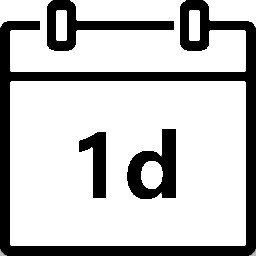
Also make sure you have a list of all important numbers such as landlords, estate agents and people helping with your move.
Essentials & last minute packing Ensure all important paperwork and your essentials box are ready and accessible. Complete any last minute packing using the boxes you set aside - look thoroughly in and on top of cupboards, remembering curtains, lampshades etc.
Get a good night's sleep You have a long day ahead of you!
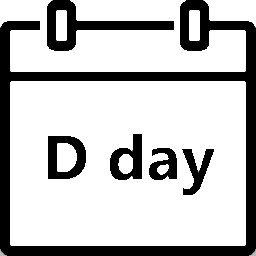
Double check every room once again for anything you may have missed. It shouldn't take very long at this point.
Utilities
Take your final meter readings - and take a photo if possible - before turning off utilities.
Load up
Let movers know which items not to take if you're taking some yourself or leaving some behind.
Lock up
Lock all doors and windows then leave the keys where agreed - or give them to the estate agent.
New place
Check all keys work properly, arrange a locksmith if necessary (you should always change locks when you move house - you never know who has copies).
Do a quick once-over
Check for any of the previous owners' items - they might have missed something. Arrange to have it forwarded or collected.
Children/pets
Ensure the garden is child and pet proof before bringing them in - you don't need a dog escaping on top of everything else!
Essentials
Unpack your essentials, make beds, plug in appliances, turn on utilities and make sure you can have a comfy night in your new home.
Relax
Order a takeaway or otherwise have easy food, you can deal with the rest tomorrow - you've earned it!

There are various methods used including:
Load up and disappear – the van gets loaded up and then drives away, with all your items, never to be seen again.
Our van is too small – they start loading then notify you that their van cannot carry all your possessions, they then say that you will need to pay more to come back and get the rest. Alternatively, they load all the valuable items first, then drive off and do not return.
Extra charges – they call you up a day or two before moving day and try to charge more, as they are really busy and will call off the move if you don’t. This leaves you in a position where you either pay extra or try to find someone else, which may be difficult at short notice. Given the stress that you are likely to be experiencing at this time you may decide just to pay up.
Hostage – This is really a variation on the load up and disappear scam, except they don’t totally disappear, instead they contact you to allow you to buy your own items back. As some of your boxes are likely to contain personal items that cannot be replaced, such as family photos, they cannot sell them, so they try to blackmail you, the customer.


